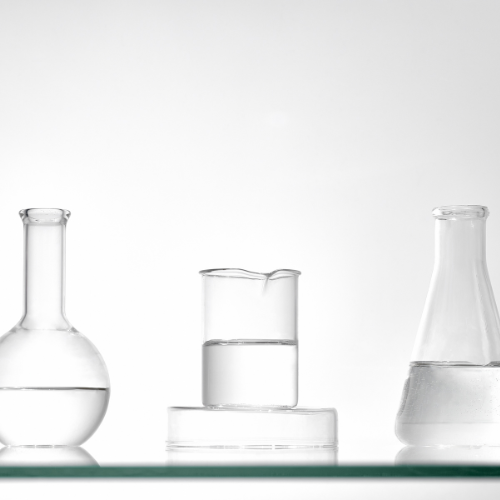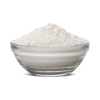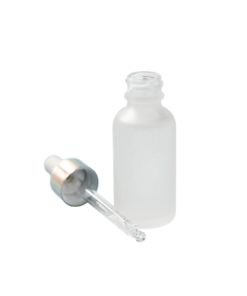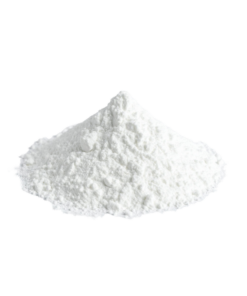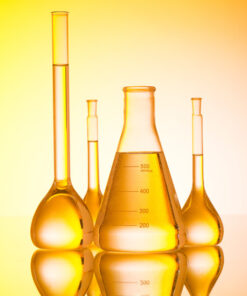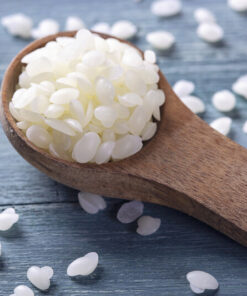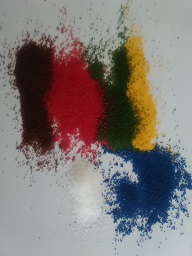Propylene Glycol – 50ml
R16,00
Propylene Glycol – 50ml – this liquid helps attract and retain moisture in formulations while also improving texture, consistency and product absorption
37 in stock
Propylene Glycol – 50ml
Multi-Purpose Solvent and Humectant
Propylene Glycol is an indispensable multi-use ingredient in the world of DIY cosmetics, soap making, and skincare formulation. Known for its excellent humectant and solvent properties, this clear, odourless liquid helps attract and retain moisture in formulations while also improving texture, consistency, and product absorption.
Used by both beginners and advanced formulators, Propylene Glycol enhances the performance of many products by increasing their moisture content and ensuring even ingredient distribution. Its gentle nature and high versatility make it suitable for a wide variety of personal care applications.
Key Features of Propylene Glycol
-
Powerful Humectant
Draws moisture from the air into the skin, leaving it soft, hydrated, and smooth. -
Excellent Solvent
Helps dissolve active ingredients, botanical extracts, and essential oils evenly in water-based products. -
Texture Enhancer
Improves the feel and glide of creams, lotions, gels, and serums for a silky application. -
Versatile and Easy to Use
Suitable for use in toners, facial mists, conditioners, shampoos, soaps, serums, and more. -
Non-Sticky and Non-Greasy
Absorbs quickly without leaving a heavy or oily residue, making it ideal for all skin types.
Common Uses:
-
Facial mists and hydrating toners
-
Shampoos and conditioners
-
Liquid soaps and body washes
-
Serums and moisturizers
-
Candle and fragrance formulations
-
Herbal extract preservation
How to Use: Propylene Glycol
In skincare, use Propylene Glycol at 1–10% depending on your formulation. In hair products or soaps, it may be used at higher concentrations. Always mix thoroughly to ensure even distribution. For external use only.
If you’re creating custom personal care products or need a dependable solvent for other projects, Propylene Glycol delivers consistent performance. It’s a must-have in every formulator’s cabinet—trusted, effective, and endlessly adaptable.
| Weight | 0,90 kg |
|---|---|
| Dimensions | 8 × 8 × 8 cm |

